Since its primordial Mediterranean origins, the rich and distinct fragrance of rosemary has graced gardens, kitchens and apothecaries throughout the world. While its name is often mistaken to originate from the words “rose” and “Mary,” it actually comes from the Greek words “ros” and “marinus,” which directly translates to “dew of the sea.”
Together with basil, lavender, mint and sage, rosemary belongs to the Lamiaceae family, one of the largest groups of flowering plants. One of the distinctive characteristics of the plants falling under this classification is the wide array of phenolic acids and flavonoids they contain, which is evident in rosemary.
Rosemary is an herb with an impressive amount of uses. Because of its pleasant smell and the beneficial properties it possesses, its sprigs have been widely used as a culinary herb, while its essential oil is important for folk medicine. Today, rosemary has been the subject of numerous scientific studies because of its potent antioxidant and anti-inflammatory activities.
Health Benefits of Rosemary
Rosemary is known for its rosmarinic acid, plus several essential oils such as 1,8-cineole, borneol, camphor and α-pinene. In addition, the phenolic acids and flavonoids give rosemary its antioxidant, anti-inflammatory and anti-thrombotic properties. Rosemary extract has also been used to help improve memory and cognitive power, thanks to the diterpenes found in it.
Most recipes call for small servings of rosemary only, and the following information indicates the balance of nutrients, of which are many. A tablespoon of rosemary provides about 49.7 IU of vitamin A for immune system strengthening, vision maintenance and promoting mucus and epithelium integrity. Mostly renowned for fighting infections, vitamin C also activates B vitamins and folic acid, reduces allergic reaction severity and helps fight a handful of human diseases, such as atherosclerosis, diabetes and neurodegenerative diseases.
Manganese, another of the more prominent minerals in rosemary, plays a critical antioxidant role in the body — specifically aided by its cofactor superoxide dismutase — that it’s associated with lowering the risk of cancer, specifically breast cancer.
Rosemary contains iron (part of the hemoglobin inside red blood cells, determining how much oxygen the blood will carry) and potassium (a component in cell and body fluids which helps control heart rate and blood pressure). There’s also fiber, copper, calcium and magnesium, and an abundance of B vitamins, such as pantothenic acid, pyridoxine, riboflavin and folate. The table below gives you an idea of what a tablespoon of rosemary can do for you.
| Rosemary Nutrition Facts
Serving Size: 1 tablespoon (1.7 grams), fresh |
||
| Amt. Per Serving |
||
| Calories | 2.23 | |
| Total Fat | 0 g | |
| Saturated Fat | 0 g | |
| Trans Fat | ||
| Cholesterol | 0 mg | |
| Sodium | 0.442 mg | |
| Total Carbohydrates | 0.352 g | |
| Dietary Fiber | 0.24 g | |
| Sugar | ||
| Protein | 0.056 g | |
| Vitamin A49.7 UI | Vitamin C | 0.371 mg |
| Calcium5.39 mg | Iron | 11.4 mg |
Studies Done on Rosemary
In a 2003 study from the International Journal of Neuroscience, scientists tested 144 healthy volunteers to assess the olfactory impact of the essential oils of lavender, rosemary and no odor (control) on cognitive performance and mood.
The randomly assigned subjects were given visual analog mood questionnaires both prior to and following exposure to the odor. An enhancement in memory and secondary memory factors were observed in participants exposed to rosemary. However, speed of memory was impaired. This goes to show that rosemary may have a positive effect on cognitive ability when inhaled.
Following this apparent cognitive effect, a 2012 placebo-controlled, dose-increased clinical study from the Journal of Medicinal Food was conducted on dried rosemary leaf powder due to its reputation of reducing cognitive decline in older adults. The lowest dose of rosemary (750 milligrams) had a beneficial effect on memory compared to the placebo. On the other hand, high doses of rosemary had deleterious effects, impairing cognition.
But rosemary’s benefits are not limited to its effects on cognition. A 2012 study from Phytomedicine found that rosemary extract may work against ovarian cancer by affecting the cell lines and promoting cancer cell apoptosis, making it a possible adjunct therapy to cancer treatment.
Rosemary Fun Facts
Rosemary was the subject of numerous superstitions in the earlier times. People believed that placing a sprig of rosemary under a pillow or hanging it outside their homes would repel bad dreams and ward off evil spirits.
Summary
It’s ironic that the taste and aroma of rosemary, often used for improving memory, is unforgettable. This ancient herb from the Mediterranean, whether fresh or dried, is one of the most popular for kitchen use and can be added to soups, sandwiches, cheese, dips and even for making infused oil. But with the wide array of nutritional benefits rosemary provides, what this herb does for human health is truly remarkable.
The list of vitamins and minerals in rosemary is a long one, with corresponding uses in the body for each. Unique compounds and oils include rosmarinic acid and essential oils such as 1,8-cineole, borneol, camphor and α-pinene, providing anti-inflammation, antioxidant and anti-thrombotic properties. And research provides ample evidence that rosemary may not only improves memory, but may help fight cancer.
Isn’t it great that all we have to do to improve our health is to eat “close to the earth” — or in this case, the herb garden?


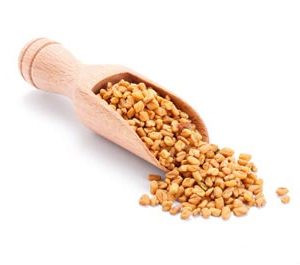
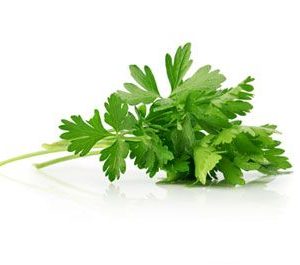
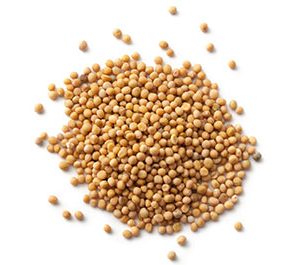
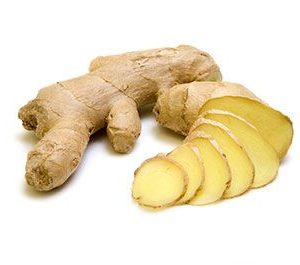
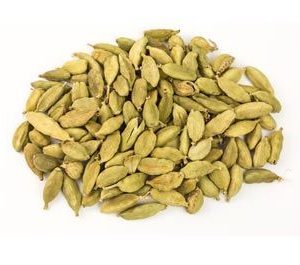
Reviews
There are no reviews yet.